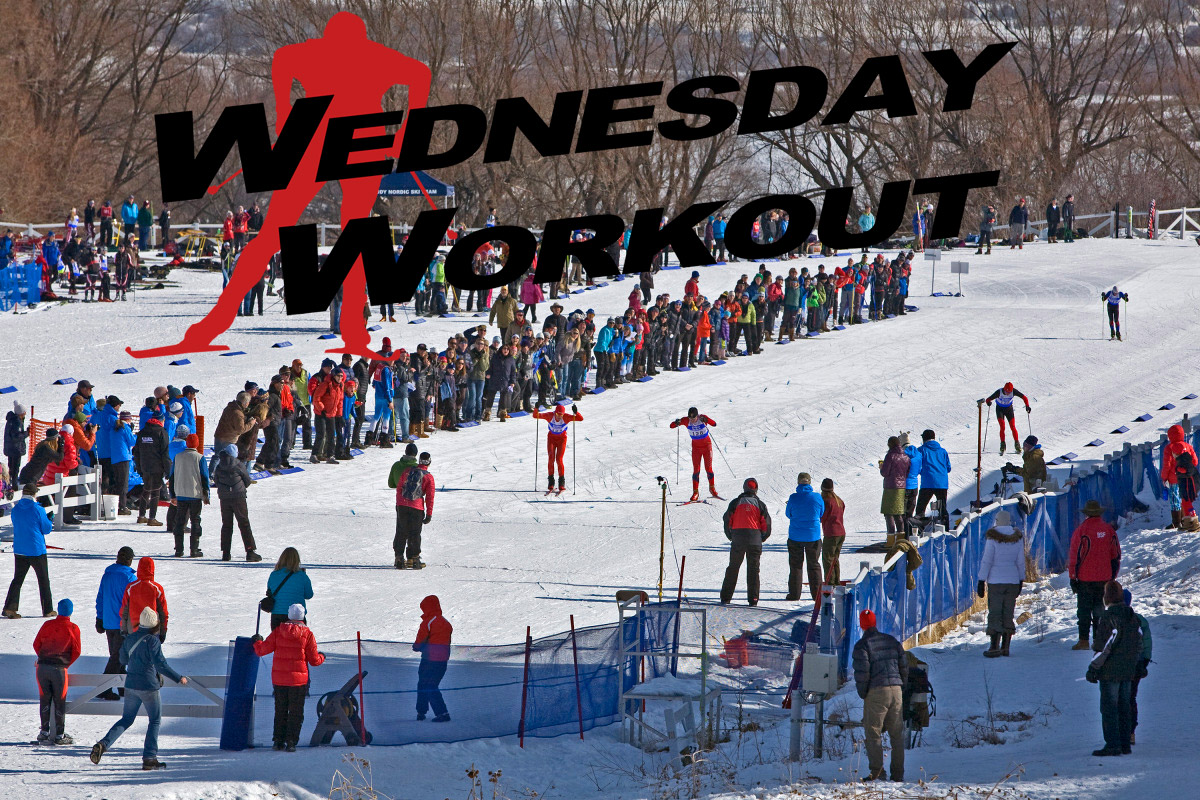
During the holiday season opportunities for races can be few and far between, and it’s often easy to get into the lull of long distance skis with old friends. While these can be fun and beneficial, it’s important to get some high intensity and completive training in before the season starts to intensify in January.
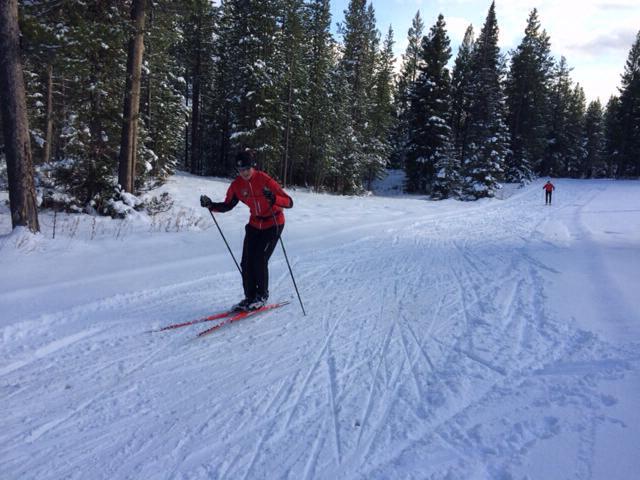
One team that’s found a way to incorporate both the holiday spirt and high intensity training is the Bridger Ski Foundation, located in Bozeman, Mont. Every year they host the Bozeman Creek Climb, a hill-climb time trial aimed at giving some high intensity race experience to community skiers in a low-key environment.
“For the juniors and Elite athletes, the climb gives them an opportunity for intensity and to get in the pre-race rituals before the competition season heats up,” wrote Tim Baucom, competitive team and U18/U20 coach for the Bridger Ski Foundation. “There aren’t many racing opportunities around here between early December and nationals, so this is an important test.”
The climb, which is the first leg of the Bozeman Community Cup race series, takes place in the beautiful Sourdough Canyon where the trail is maintained and groomed by the Bridger Ski Foundation and the National Forest Service. The first kilometer is fairly flat, but the rest of the 16 k trail is a pretty consistent climb, making it one of many great training locations around town.
Participants have the option of taking the 5 k course to the rustic Forest Service outhouse, or the 10 k course, which finishes at “the bridge.”
“It’s a good way for the BSF community to come together and get some great training in, as well as some fun during the holiday season,” said Katie Gill, a former Bridger Ski Foundation racer and current captain of the University of Denver’s ski team who participates in the time trial almost every year.
The Workout:
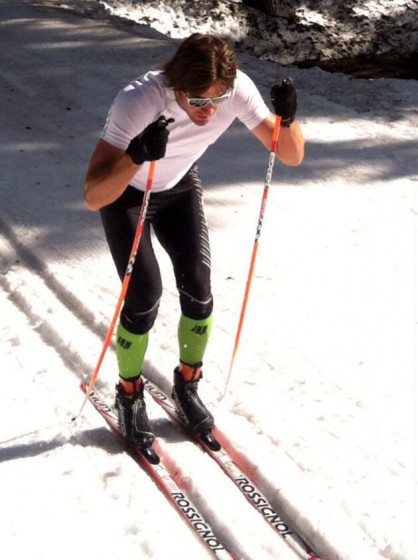
- 20-30 minute warm up
- 5 k or 10 k classic hill-climb time trial at threshold or above
- Cool down on the way back followed by hot chocolate and other holiday treats
In addition to completing the daunting task of finishing, there can also be other obstacles on the course. It is not uncommon to see a moose or two on the trail. But don’t worry, as long as you keep your distance everything should be fine; it’s all part of the experience.
Once finished, skiers head back down for awards that come in the form of wrapped presents, hot chocolate and other holiday treats.
When all is said in done, the Bozeman Creek Climb is about fun community competition.
“It’s one of those races where everyone is racing together… and sibling rivalry is the main focus,” Gill said. Her sister, Lizzie, is also a frequent participant.
This year’s Bozeman Creek Climb starts at 9 a.m. on Dec. 28. There is race day registration and the cost is $10. Check the Bridger Ski Foundation website for updates.
Trouble viewing the video below? Click here.
Lander Karath
Lander Karath is FasterSkier's Associate Editor from Bozeman, Montana and a Bridger Ski Foundation alumnus. Between his studies at Middlebury College in Vermont, he is an outdoor enthusiast and a political junkie.

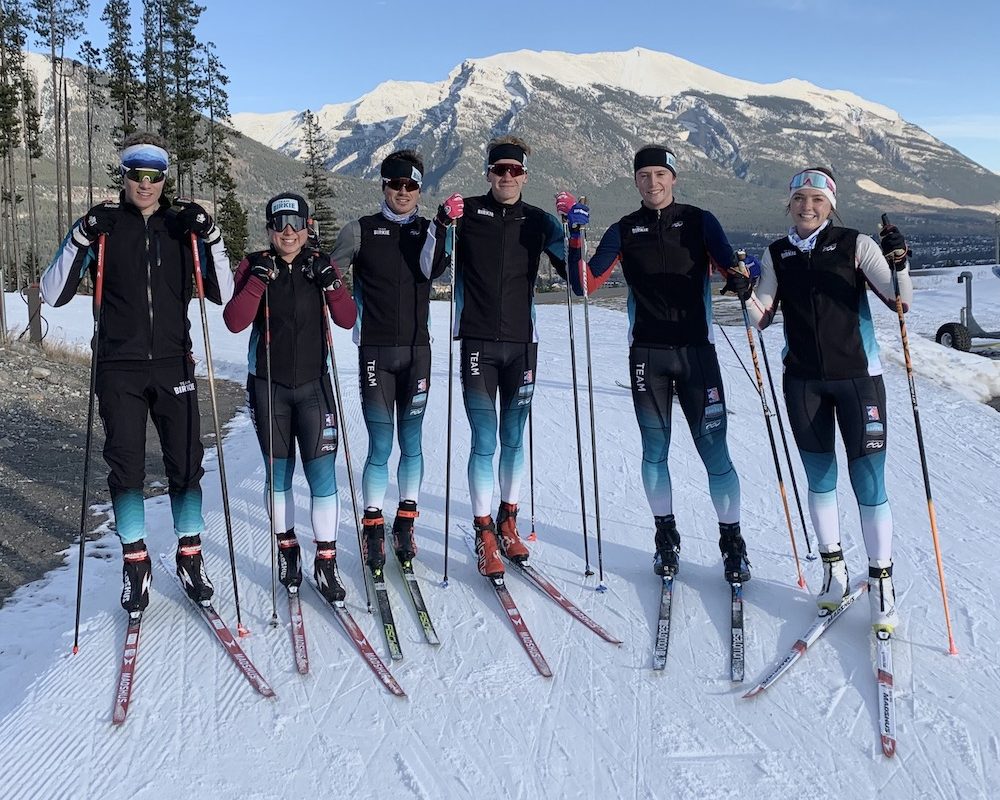

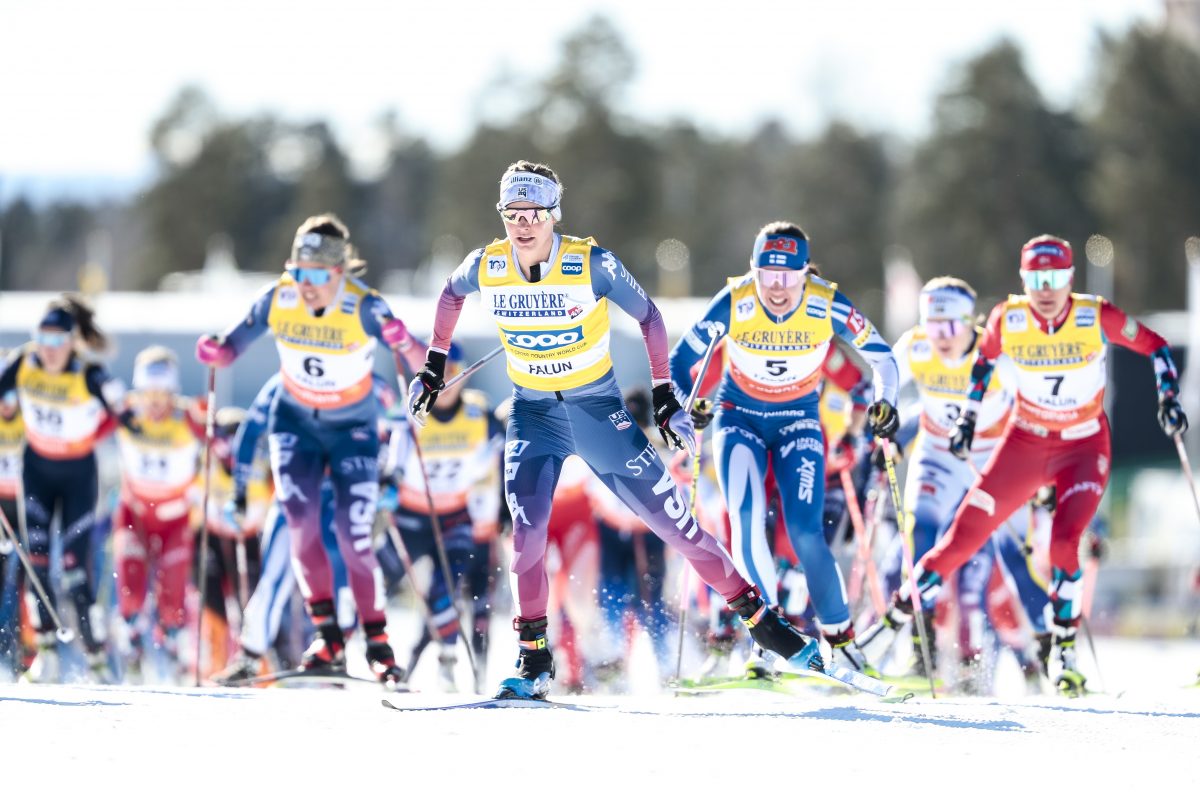
One comment
genegold
December 18, 2013 at 12:33 pm
While I doubt it will be an issue on race morning, for everyday use this uphill/downhill trail (narrow Forest Service road with a steep ravine drop off) poses problems because skiers and walkers are allowed to bring dogs off leash – and they do, some bringing up to five or six!. There have been many falls and accidents because of this, including some broken bones and need for surgery. A lot of locals just avoid it. Unlike a similar trail outside Salt Lake City, where ski leaders and the community got together with the Forest Service in the late 1990s and worked out an even-odd day system for on-leash/off-leash that has worked well, in Bozeman (libertarian Montana) the BSF and Forest Service have failed to do so and thus have left skiers at risk.